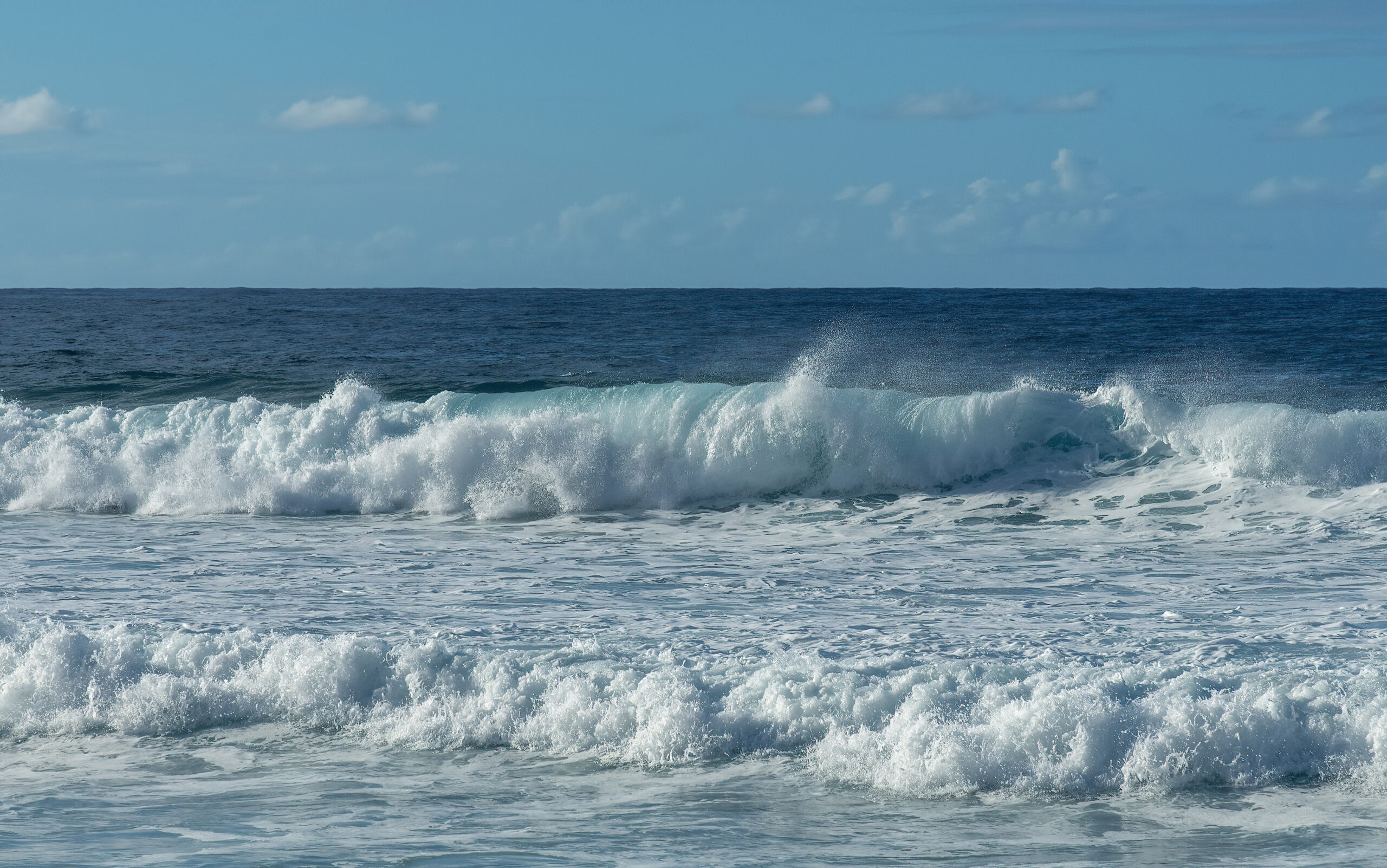By AMALIA BUENO
This poem is excerpted from Eh, No Talk Li’dat.
Eh, No Talk Li’Dat, an anthology forthcoming from Kaya Press, is centered on Pidgin, or Hawai‘i Creole English. The following poem is excerpted from this anthology.
Pidgin began as a dialect of trade between Native Hawaiians and Western seafarers and merchants and evolved as a Creole language in the sugar plantations in the 1920s and ’30s, yet, until today, it is deemed substandard by school administrators and is not recognized as a Creole language by the State Department of Education. It is the only language I can think of in the U.S. that was co-authored by the various ethnic groups in the islands: Native Hawaiians, Pacific Islanders (Samoa, Tonga), sugar planters and migrant laborers from Asia (China, Japan, Korea, the Philippines), Portugal (Madeira and the Azores), and Puerto Rico. Recent speakers and innovators of Pidgin include transplants from Micronesia. In addition to the poems, stories, and excerpted plays, all written in Pidgin and contributed by over forty of Hawai‘i’s writers, the genre-defying Eh, No Talk Li’Dat includes archival materials, newspaper articles, transcripts of televised comic skits, and comic strips.
After Hart Crane’s “At Melville’s Tomb”
Da ocean like us know we all going die.
She stay keeping all our bones.
I seen da wave take ’em
den bring ’em to da shore
den take ’em back out again.
Plenny bones,
and inside da bones—mana.1
One day, da ocean all quiet,
da waves all calm, den alla sudden
all kapakahi.2
Da waves wen straight up,
alla way up,
up to da sky
fo’ real kine was all spiritual like
like I was at church
and everybody all quiet.
I wen3 look up
up at da stars, and das when,
inside da stars
I seen all da bones
all da answers
to everything.
Our fren Herman,
way up high in da blue waves
he not evah going come back.
Way up high,
his bones, his mana
da ocean stay keeping ’em
so lucky da ocean
fo’ keep Herman fo’ evah
cause only she can.
—
Amalia Bueno is an educator and writer based in Honolulu. Her poems and stories have been published by Bamboo Ridge, Hawaii Pacific Review, and Philippine American Literary House, among others. Her literary interests include Pinay poetry, decolonization, and Hawai‘i Creole English. Her poetry chapbook, Home Remedies, was published in 2015.




